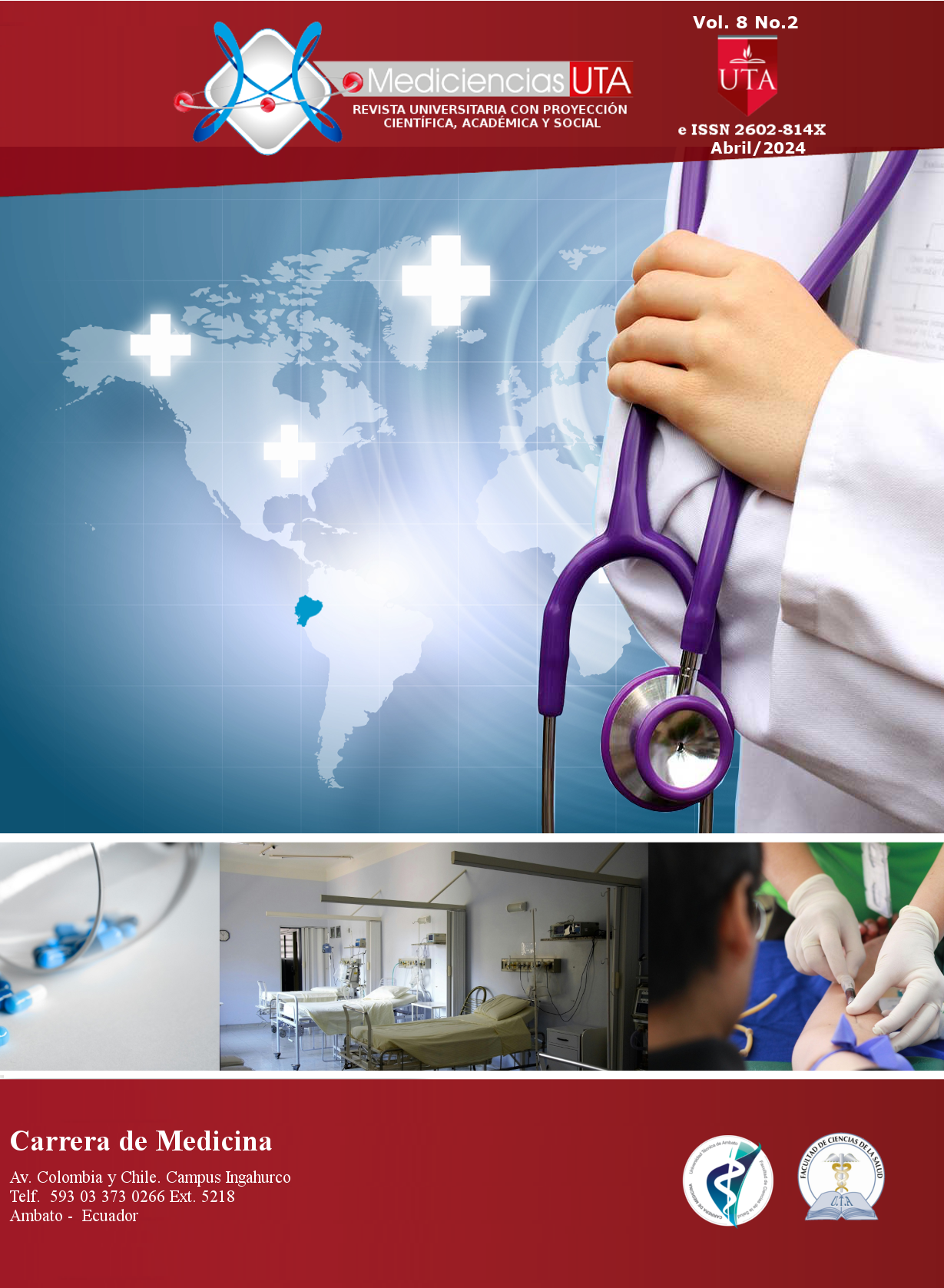The Educational Revolution: An Analysis of the Implementation of Artificial Intelligence by Teachers in the 21st Century
Main Article Content
Abstract
Introduction: Artificial intelligence (AI) is increasingly being adopted in the educational context, offering new opportunities to enhance teaching and learning. Objective: The central objective of this study is to analyze in detail how educators are adopting and utilizing artificial intelligence in the educational context, focusing on the various tools and strategies employed to improve teaching and learning. Materials and Methods: A detailed literature review was conducted to examine studies and use cases of AI in education, focusing on the tools and strategies used by educators. Results: It was found that educators are adopting a variety of AI-based tools and strategies, such as adaptive learning platforms, intelligent tutoring systems, and educational data analytics, to enhance teaching and personalize the learning experience for students. Conclusions: The adoption of artificial intelligence by educators is transforming the educational landscape by offering new ways of teaching and learning. However, it is important to address ethical considerations and challenges associated with its use to ensure effective and responsible implementation
Downloads
Article Details

This work is licensed under a Creative Commons Attribution-NonCommercial-ShareAlike 4.0 International License.



